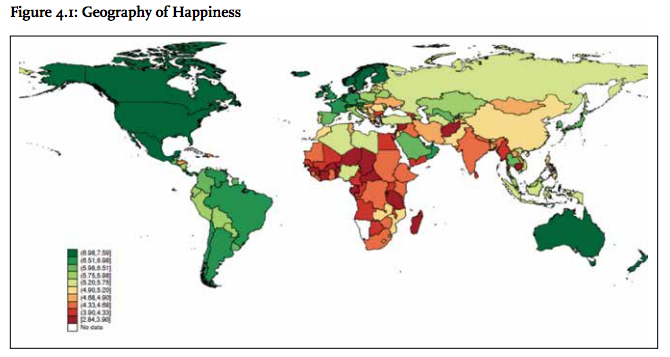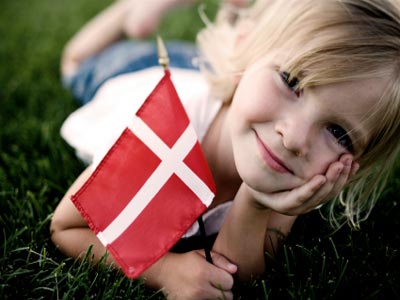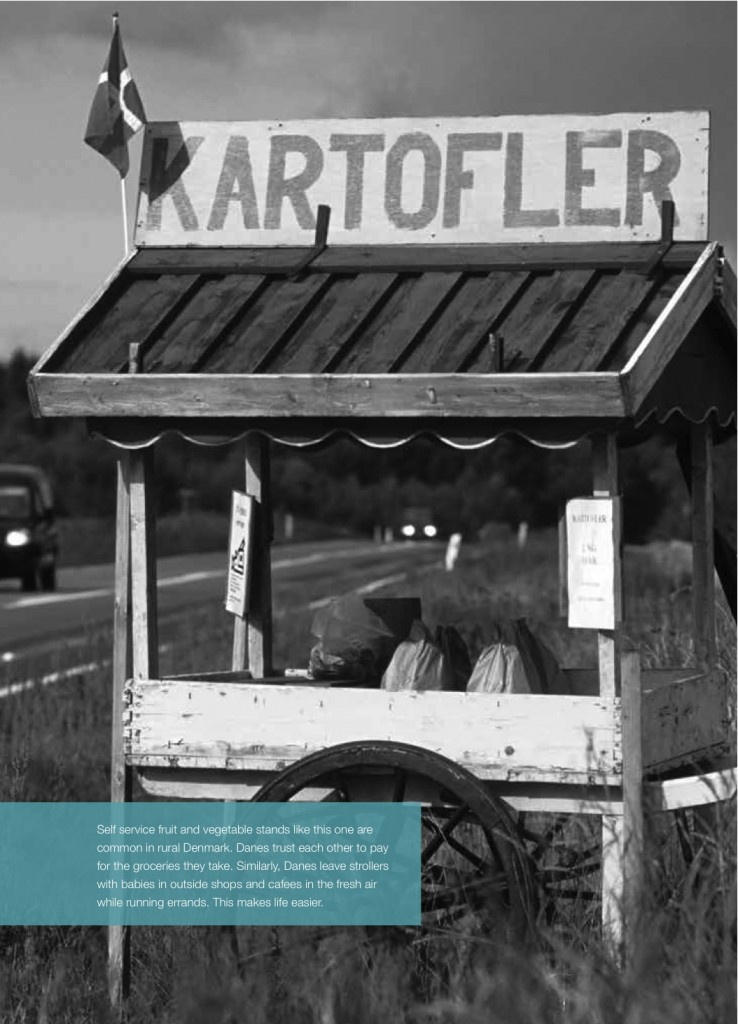One of the comments Twitter had a lot yesterday: ‘who decided that the International Day of Happiness would be on Monday’?
While Monday isn’t the least happy day of the week (it’s Wednesday), it may be a surprise that the first day of the new working week is the International Day of Happiness. But that was just the case this year: the day simply falls on 20 March, every year, forever.
It seems that interest in the day has picked up compared to when I wrote about it in 2014 and 2015. Via Twitter, I was flooded with articles and infographics about ways to be happy and happiness at work. That’s a great development, I’d say!
The World Happiness Report 2017
The publication of the World Happiness Report has become another regular fixture on the calendar of happiness enthusiasts (see my take in 2015 here). This year, its release coincided with the International Day of Happiness.
Looking at the results, there were a couple of surprises:
- Norway narrowly overtook Denmark (1st in 2016 and also in 2014) as the happiest country in the data from 2014-2016. A very important disclaimer: the differences between these two and Iceland (3rd) Switzerland (4th, ranked 1st in 2015) are statistically insignificant. In brief, we don’t really know if Norwegians are really happier than the Swiss.
- It remains mind-blowing how important equal societies, high trust (measured via perceptions of corruptions), and small populations are. Like last year, the rest of the top-10 is completed by Finland, Netherlands, Canada, New Zealand, Australia and Sweden.
- The section on the United States recognises its decline. This is not a failure in attempts to Make America Great Again – though polarisation is probably part of the problem. Declining social support and a reduced trust are the factors associated with this. Jeffrey Sachs observes that the US ranked 3rd in the OECD in 2007, compared to 19th in 2016. Given the fact that GDP is still growing but happiness is in decline, it is imperative that the US works on its social crisis.
- Also in China, the data show surprising results. China’s GDP per capita has seen a five-fold increase in 25 years. If money were to buy happiness, the levels of happiness and well-being should increase, especially for the millions of people who escaped poverty and came to form China’s new middle class. Instead, multiple studies reveal that happiness fell a bit in the 2000-2005 period, before increasing again in 2010-2014. In the earlier period, unemployment and a weaker social safety net reduced happiness, and the recovery of happiness levels took a long time. China now ranks 79th, below South Korea and the Philippines, but ahead of Indonesia and Vietnam. It also outranks Greece, where happiness suffered during the long-standing economic crisis, and the cradle of Gross National Happiness (GNH), Bhutan.
Mapping happiness
With the exception of pockets of red (unhappy) and orange (less happy) in Africa and part of the Middle East and Asia, overall, the world looks quite green and happy. There is a lot green to see on this map, from North America to Latin America, in Europe, in most of Asia, and in Oceania. Overall, the world is quite a happy place – and mind you, it’s the only planet where the International Day of Happiness is celebrated!



